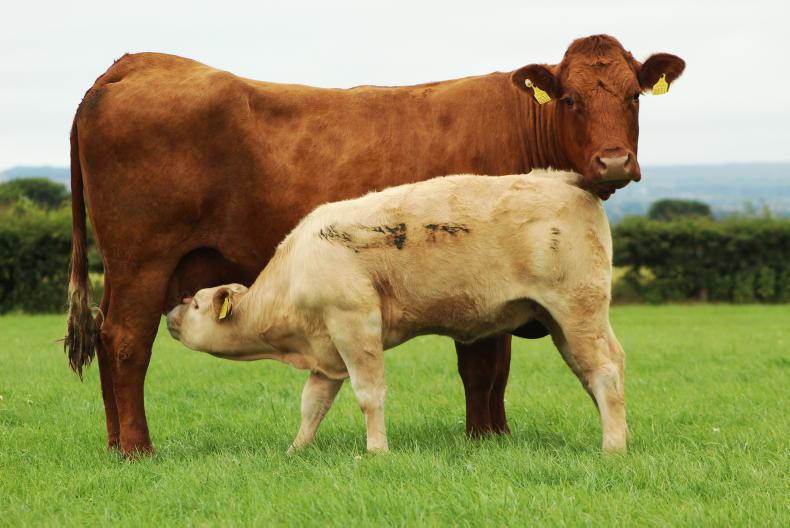The Bovine Viral Diarrhoea (BVD) Control Order 2024 comes into force from 1 February 2025 and gives DAERA the power to restrict herds to help control the disease.
From that date onwards, herds with an animal that has a positive or inconclusive test, will have movement restrictions applied following a ‘grace period’.
To the end of April 2025 this ‘grace period’ is 28 days, which drops to seven days for the nine months between 1 May 2025 and 31 January 2026. From 1 February 2026, movement restrictions will be put in place immediately following a positive or inconclusive test.
Where restrictions are in place, herd owners will not be able to move any cattle in or out, except to slaughter. The restrictions remain in place until 21 days after the last test-positive animal is culled and all animals in the herd over 30 days old have a negative test result.
Unknown
The new legislation also introduces controls for herds containing animals with an unknown BVD status.
From 1 June to end of November 2025, any herd with more than 20 animals (aged over 30 days) with an unknown status will come under movement restrictions. This threshold drops to over 10 animals in early 2026 and over five animals from 1 June 2026 onwards.
Trojan animals
Given the risk that a pregnant animal could pass on BVD to another herd via an infected calf, restrictions are also being introduced to try to limit these so-called Trojan animals.
From 1 February 2026, where there is a positive test result in a herd, all females of breeding age (over 12 months) will be restricted for 41 weeks, following the removal of the last infected calf.
A restricted animal can still go to slaughter and will be free to move if it subsequently has a calf that tests negative for BVD or has a negative blood test at least 21 days after the last positive animal was culled.
Prompt action
Commenting on the legislative changes, Agriculture Minister Andrew Muir pointed out that a small number of herd keepers will be impacted and if prompt action is taken, the restrictions can be avoided.
“Given the substantial financial burden this disease places on industry and the benefits that eradication will achieve, I think it is vitally important that these measures should be introduced now,” he said.






 This is a subscriber-only article
This is a subscriber-only article










SHARING OPTIONS: